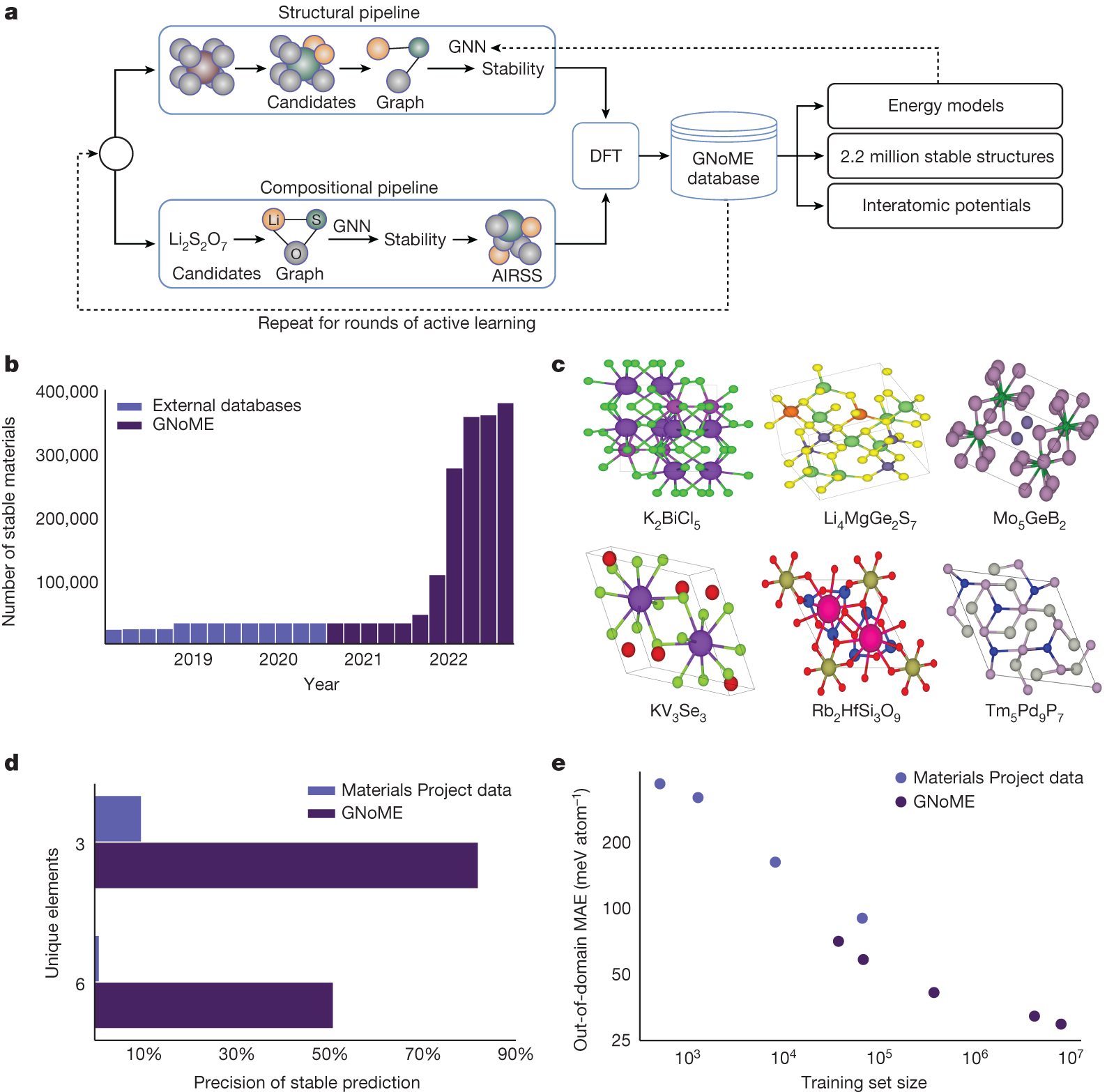Cambridge-based CuspAI just raised $100 million from NEA and Temasek to speed up materials discovery with AI. The pitch: instead of spending decades finding new materials, their "search engine for molecules" spits out candidates in months.
Sounds familiar? Every AI-for-science company promises to accelerate R&D. The question is whether CuspAI's approach works beyond carefully selected proof-of-concept examples.
Materials development is fucking slow, and climate change won't wait. Traditional materials science takes years or decades because atoms are finicky - what works in computational models doesn't always work when you actually try to synthesize the stuff in a lab. AI is transforming materials discovery but faces real synthesis challenges.
The 10x Speed Claim

CuspAI claims their AI generates synthesizable material candidates 10x faster than traditional methods. That's a bold claim that needs real lab verification, not just computational benchmarks. AI predictions for materials are only as good as the training data, and materials science has plenty of surprising failure modes that might not show up in computational models. Research institutions like Argonne are making progress with AI-driven carbon capture materials.
The platform supposedly works across clean energy, carbon capture, manufacturing, and pharmaceuticals. That breadth sounds impressive, but specialized materials problems often need domain-specific expertise. Machine learning approaches in materials science require careful algorithm design. One size fits all rarely works in materials science.
Professor Max Welling (co-founder and CTO) brings legit AI credentials from Microsoft Research and Qualcomm. His academic track record is solid, but commercializing AI research is a different beast entirely.
Star-Studded Team (On Paper)
Co-founder Dr. Chad Edwards comes from Quantinuum, where he helped scale quantum computing. That's actually relevant experience for building deep-tech companies that need to bridge research and commercial reality.
The advisory board reads like an AI hall of fame: Geoffrey Hinton, Yann LeCun, plus industry veterans like Martin van den Brink (ex-ASML) and Lord John Browne (ex-BP CEO). These names look great on pitch decks, but advisory boards don't build products or navigate regulatory hurdles.
Angel investors include Durk Kingma (OpenAI), Zoubin Ghahramani (Google DeepMind), and other recognizable AI names. The investor quality is legit, which suggests the underlying science has merit beyond the marketing hype.
Corporate Partners: Show Me the Results
Hyundai and Samsung are strategic investors, which means they see potential value in CuspAI's approach. Corporate venture arms usually know what they're doing - they're not throwing money at moonshots without technical due diligence.
Keith Noh from Hyundai talks about leveraging AI for "performance and sustainability goals." That's corporate speak, but automotive companies desperately need lighter, stronger materials for EVs. If CuspAI can deliver, there's real market demand.
The Reality Check
Materials discovery is hard for fundamental physics reasons, not just computational ones. Nature spent billions of years optimizing materials through trial and error. CuspAI's AI might find shortcuts, but you still need to synthesize and test the actual materials.
The bigger question is whether enterprises will pay for proactive materials discovery or wait for competitors to prove the technology works first. Corporate R&D departments are notoriously risk-averse.
CuspAI will either deliver real materials or join the graveyard of AI promises. Their focus on climate-related materials like carbon capture compounds is smart targeting - there's regulatory pressure and government funding driving adoption. But "materials-on-demand" sounds better than it probably works in practice. Real labs have real constraints that computational models don't capture.
